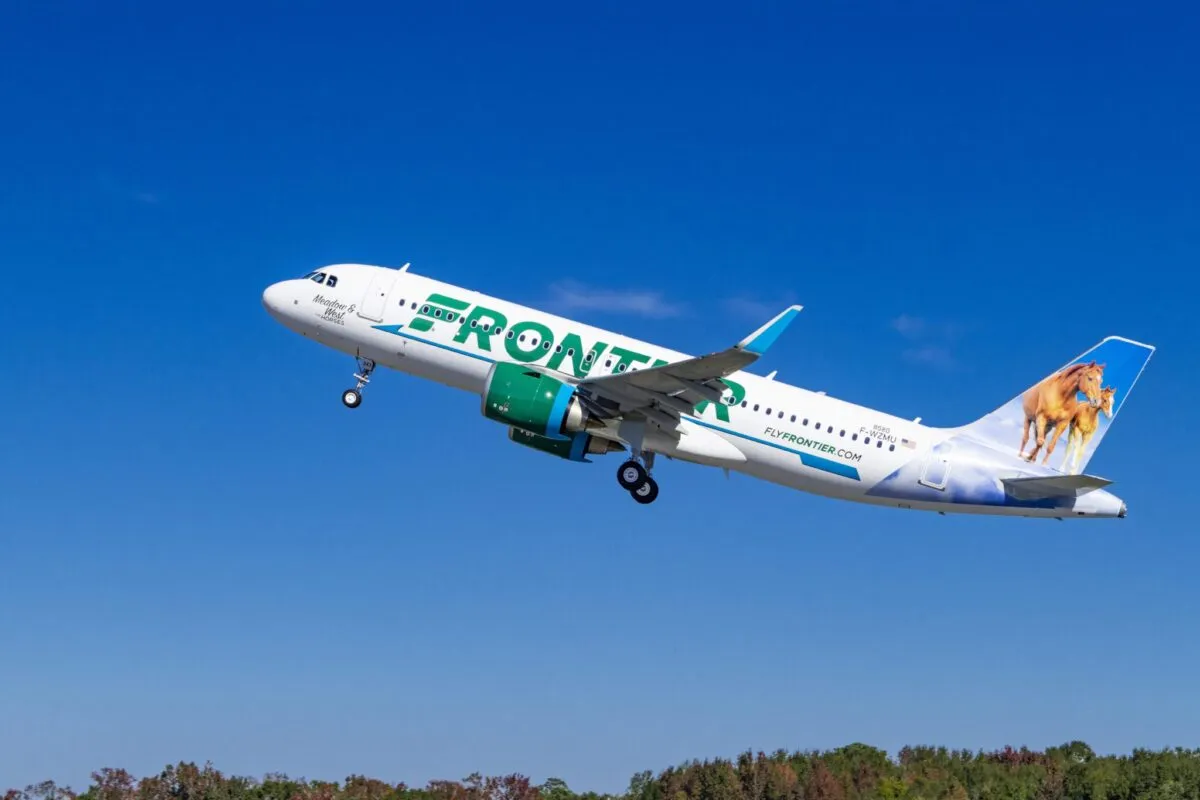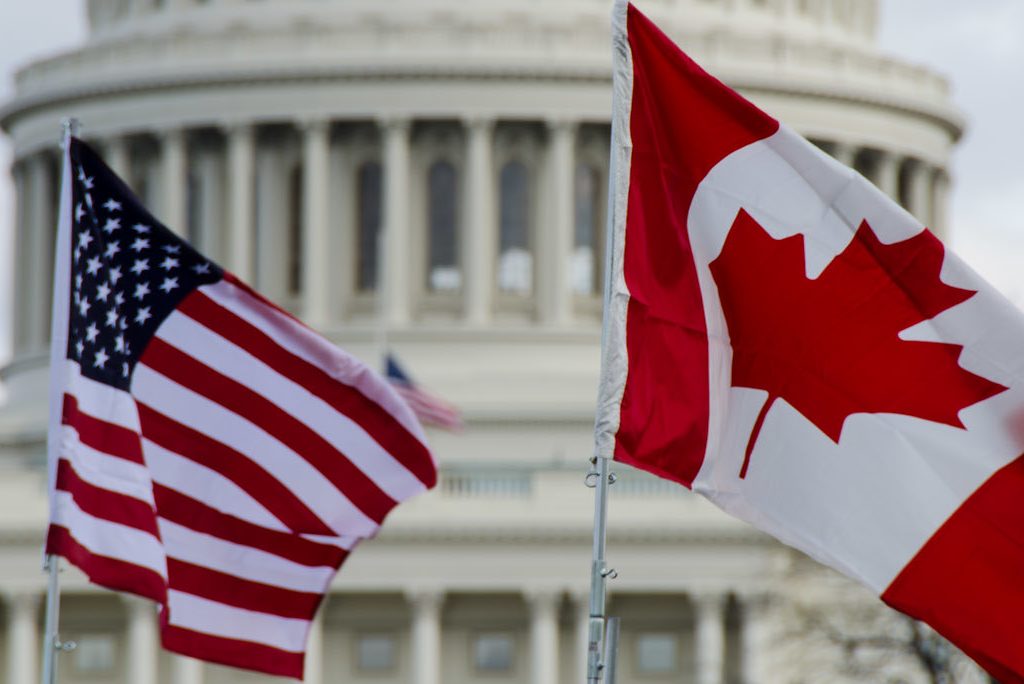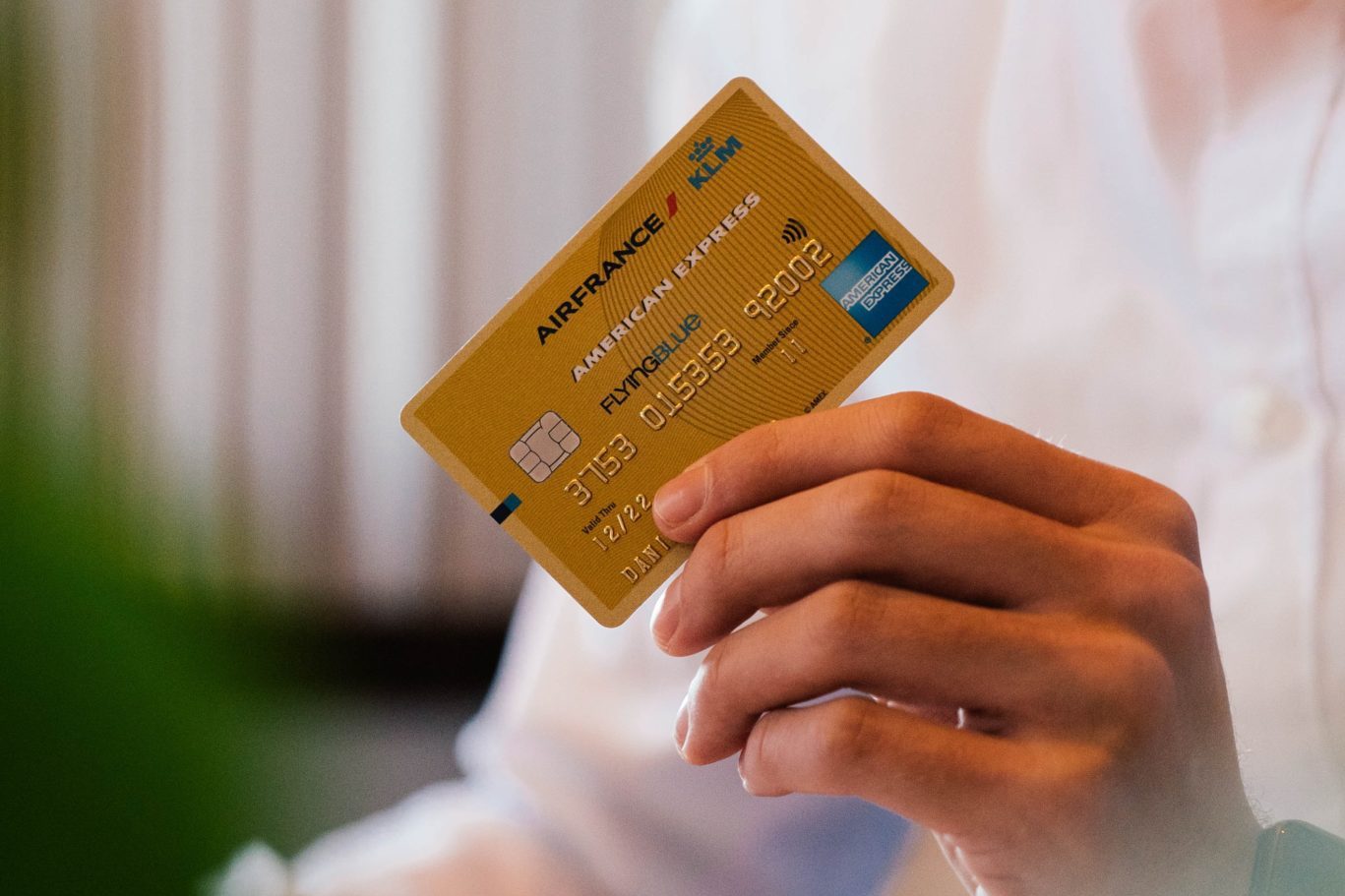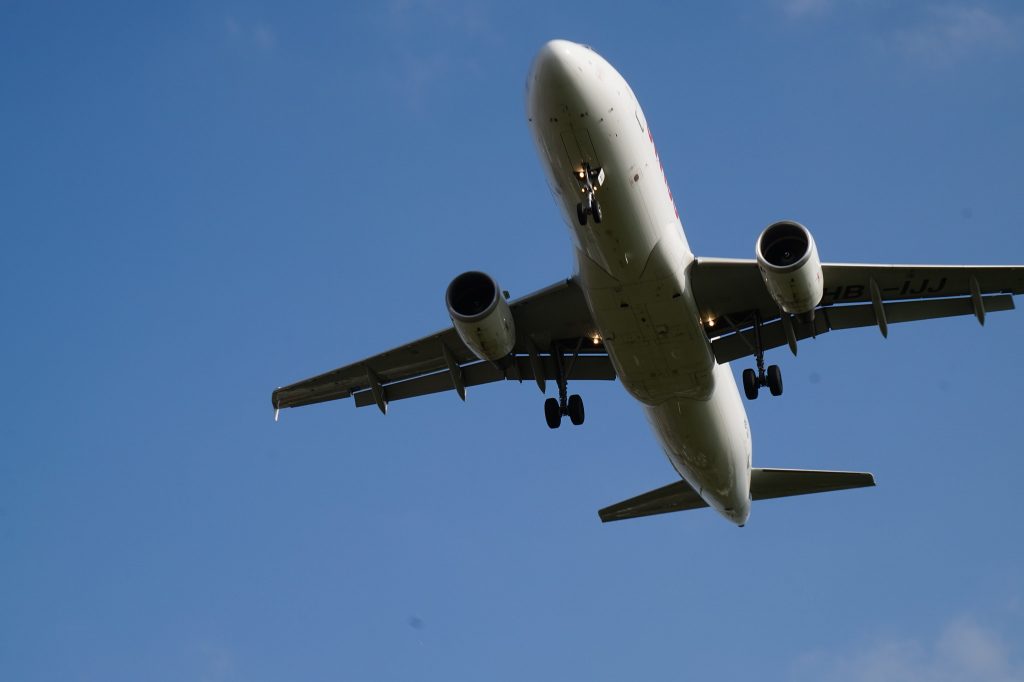Airbnb Lawsuit Against NYC: A Solitary Effort That Got Results, For Now
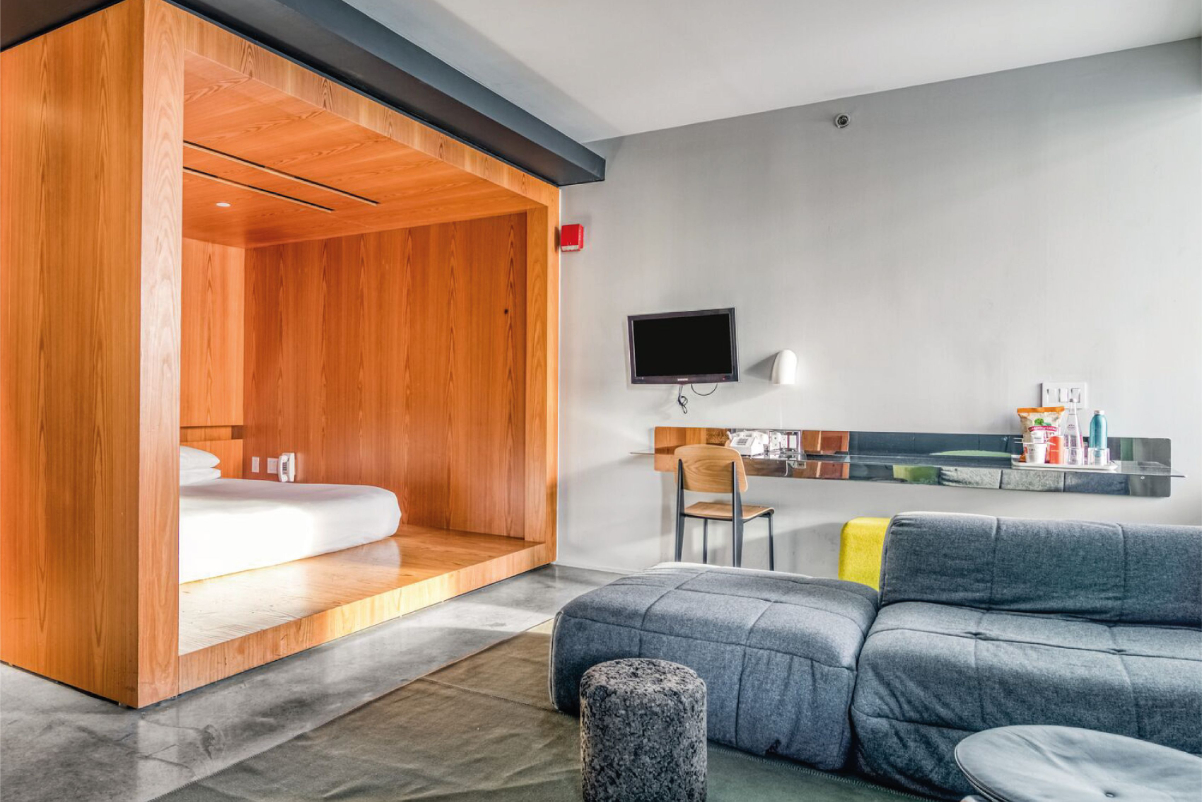
Skift Take
The major players in short-term rentals — Airbnb, Expedia/Vrbo and Booking.com — seldom work together as a unit when faced with tough city crackdowns around the world.
And so it was controversial June 1 when Airbnb and three hosts filed lawsuits seeking to block the City of New York from implementing a law in July that would have required hosts to register with the city and cede to a variety of rules — such as door locks on every bedroom and attestations about understanding construction codes — that Airbnb alleged amounted to a "de facto ban."
After several months of eligible enrollment, only a handful of hosts had registered by the time the lawsuits appeared on a New York State docket. That speaks to the rigors of the registration process. Even under the rules that a host must be present during each stay, Airbnb said it has 5,500 short-term rentals in the city, and did $85 million in revenue in the Big Apple in 2022.
Speedy Results, If Only a Temporary Reprieve
But within days of the controversial court filings, the City of New York agreed to put off implementation of the law from July until September 5. “Both parties agreed to a temporary stay of enforcement to afford them the opportunity to fully brief the issues before the court,” said Mayor Eric Adams' deputy press secretary, Jonah Allon, according to Reuters.
Oral arguments are slated for July 24-31.
Whether for justifiable reasons or not, the City's hammer strike against short-term rentals has effectively been put back into the tool box for a couple of months. It's likely just a reprieve — but it's something tangible that the lawsuits accomplished.
None of Airbnb's short-term rental peers joined the lawsuit.
Asked at Skift Short-Term Rental Summit in New York City a week ago why no other companies joined Airbnb's litigation, Rob Greyber, the CEO of property manager Vacasa, said: "In the industry, there can be a litigation as a first resort type of mindset."
Greyber's seeming views about Airbnb — he didn't name the company specifically — are not untypical among Airbnb' competitors. Airbnb and Expedia, for example, were at odds over tactics in the run-up to San Diego imposing a cap on vacation rentals in 2021.
Greyber added that the Vacation Rental Managers Association, an industry group, has been very active in talking to state legislators or municipalities in a variety of locations to discuss what "good legislation" might look like.
"If it ultimately results in needing to go to the courts, I think that probably means that some of those industry and other advocacy efforts have not been as successful as they need to be," Greyber said.
Of course, Airbnb has way more to lose in New York City than does Vacasa or Expedia's Vrbo, which don't tend to focus on urban locations, or Amsterdam-based Booking.com, which is an up-and-coming but a weaker player in the U.S. in short-term rentals.
Airbnb would likely reject Greyber's intimation about Airbnb's sue-first stance. When Airbnb emailed hosts about the lawsuit, the company said: "For the better part of the last decade, we have worked hard to find a path forward for home sharing in New York City," adding that "litigation is never our preferred course of action."
Expedia Group had no comment Thursday about the Airbnb litigation in New York City and why it didn't join as a plaintiff.
"We indeed continue to engage in productive conversations with New York on the regulation," a Booking Holdings spokesperson said.


